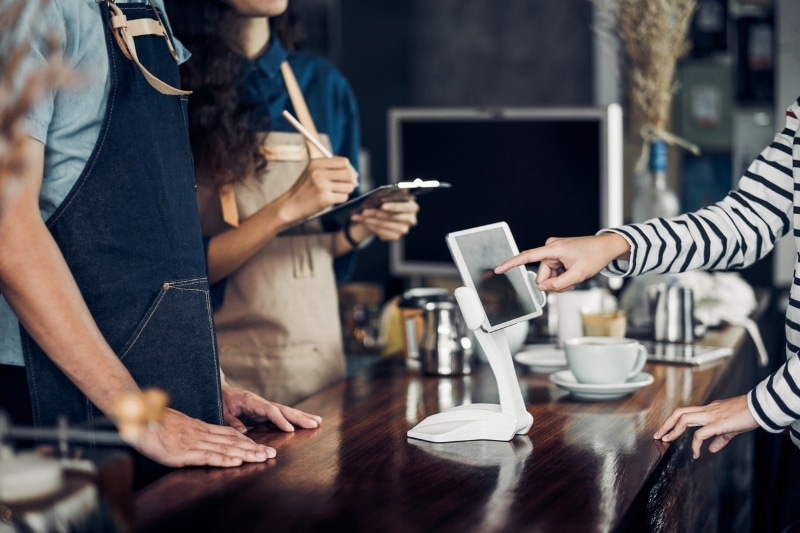Asian technology-driven coffee chains are seeking to expand their presence in Singapore. Luckin Coffee, a Beijing-based brand that heavily incorporated technology, went public in New York in 2019, achieving a valuation of USD 4.2 billion within just two years of starting operations. This success inspired coffee chains in Southeast Asia, such as Kopi Kenangan in Indonesia and Flash Coffee in Singapore. These chains, like Kopi Kenangan and Pickup Coffee, target the mass consumer segment below Starbucks and artisanal coffee shops. The strategy involves offering creatively crafted drinks and competitive pricing. These tech-savvy coffee chains maintain physical storefronts but utilize mobile apps for order placement and delivery, reducing staff costs and improving the user experience through direct marketing and data-driven decision-making. The rapid expansion of these brands is a striking feature of the model, with Luckin even surpassing Starbucks as China’s largest coffee chain within two years. South-east Asia’s coffee startups aim to replicate this success, with Singapore as their next target due to its high coffee consumption rate.
However, their rapid expansion model comes with risks, as seen in Luckin Coffee’s case, which faced quality and financial issues. Singapore, with a high coffee consumption rate, is becoming a competitive market for these coffee chains, and success will depend on factors like quality control, price sensitivity, and brand credibility.
Reckless decisions could lead to a price war in the highly competitive Singapore market, and it remains to be seen how these coffee chains will differentiate themselves and adapt to local preferences. Singapore’s discerning coffee-drinkers may require a tailored approach for success. Nevertheless, the battle among these coffee chains will be closely monitored, especially after significant investments in the region’s coffee startups.
(Source: The Business Times)

